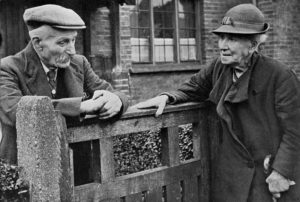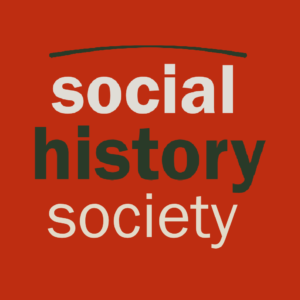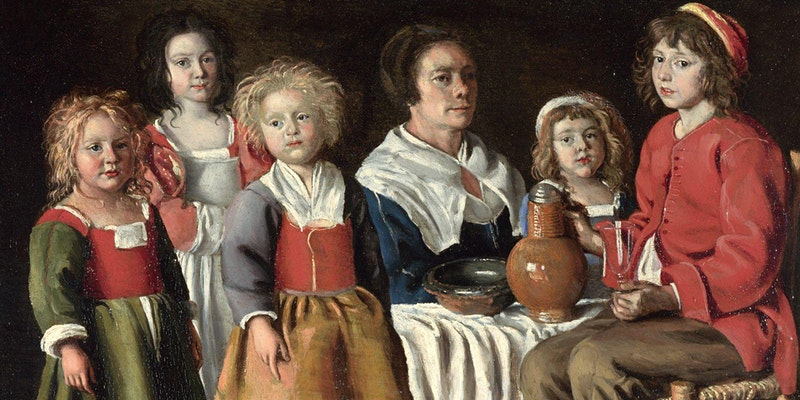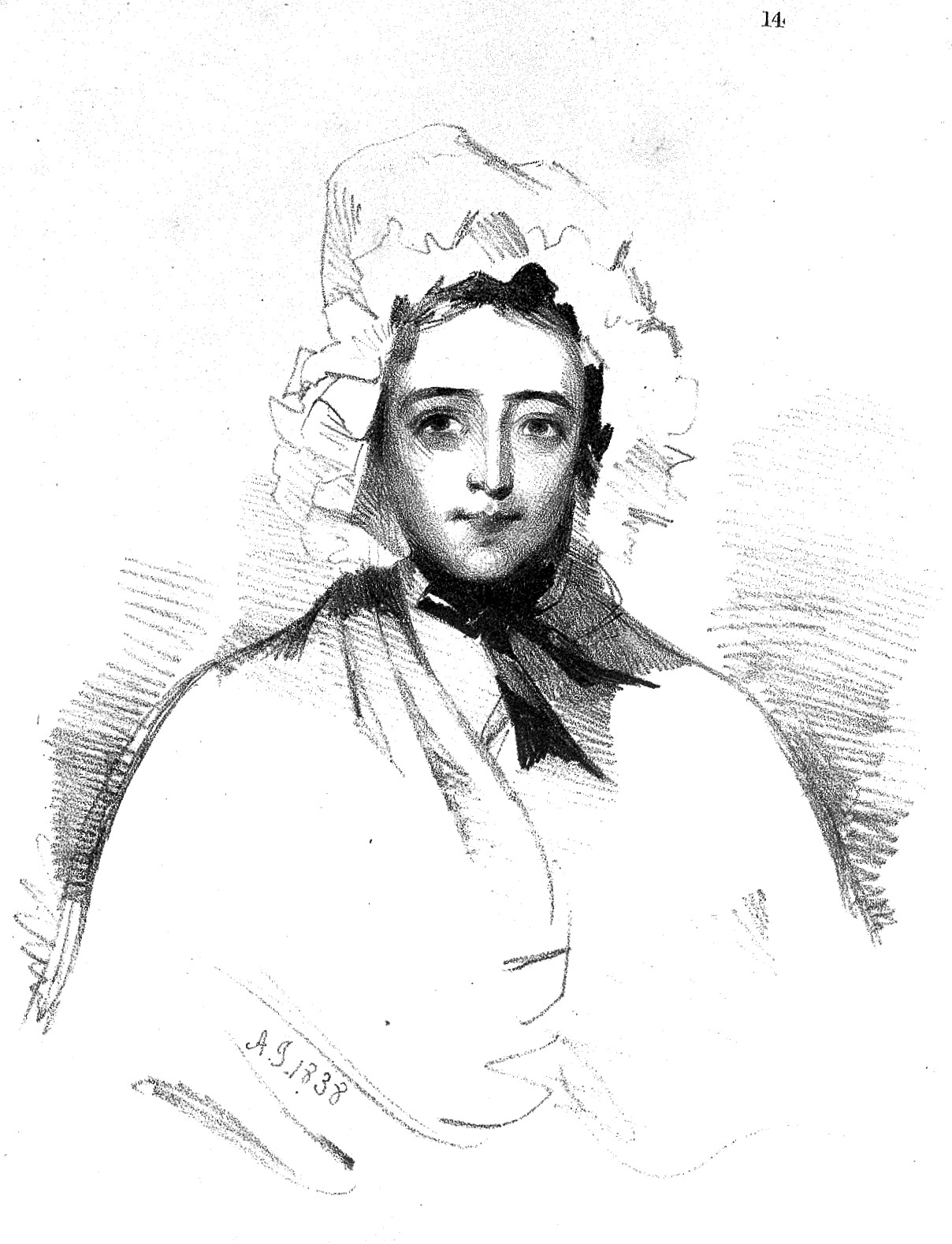Podcast
It’s been a quiet summer, for various reasons, and I have been taking a break from research and writing, so it was especially nice to be contacted by Michael Park from Be Quiet Media with an invitation to take part in a Scotland podcast. He had come across my Dangerous Women Project submission, published back in 2016, and wanted to turn my short story about Jessie King, entitled Will you take a walk with me?, into a podcast episode.
The Scotland podcast series aims to explore the ‘wee things that make us Scottish’, looking at the stories and events that have shaped the Scottish people. Michael came across my story when he was researching Jessie King in response to a listener poll, and with the help of Leanne Milne, he recorded the story and turned it into a podcast.
It was great to revisit my story and to hear it read aloud!
You can listen to the podcast on your favourite podcast app, or on the Scotland podcast website here, or click on the image below.
Jessie King
In March 1889, Jessie King became the last woman to be executed in Edinburgh. Britain was in the grip of a moral panic surrounding so-called ‘baby farmers’, and Jessie’s crime, the murder of a young child in her care, was considered too ‘heinous’ for her to escape the death penalty. A dangerous woman, Jessie was sent to the gallows. Yet a closer investigation of the Stockbridge child murderer reveals an intensely vulnerable and manipulated individual, and a victim of her times. Perhaps she was a child killer, and perhaps not. In many ways, she was little more than a child herself.
Dangerous Women
Jessie’s story is not part of my research as such, but I came across her while researching women and child murder way back at the start of my PhD. When I read about the Dangerous Women project, I thought her story would fit in well with the project theme. Jessie’s story was one of 365 pieces published between International Women’s Day 2016 and International Women’s Day 2017. The project examined the ‘dangerous women’ theme by inviting reflections from women of diverse backgrounds and identities, including poets, playwrights and other creative writers, academics, journalists, commentators, artists, performers and opinion formers, and indeed anyone with an angle on the theme.
The project has now entered a new phase as the team have chosen fifty of their favourite pieces and brought them together in a new book. Contributors include Nicola Sturgeon MSP, feminist historian Chiara Bonfiglioli, and many others. The fifty selections have been fully revised and updated, and details of almost 350 more pieces from the project are included in the book. Details of how you can get your hands on a copy will be available on the Dangerous Women website.
You can also still read Will you take a walk with me? on the Dangerous Women website too!





 I’m delighted to be co-convening the
I’m delighted to be co-convening the 

 Recordings from this year’s
Recordings from this year’s 
